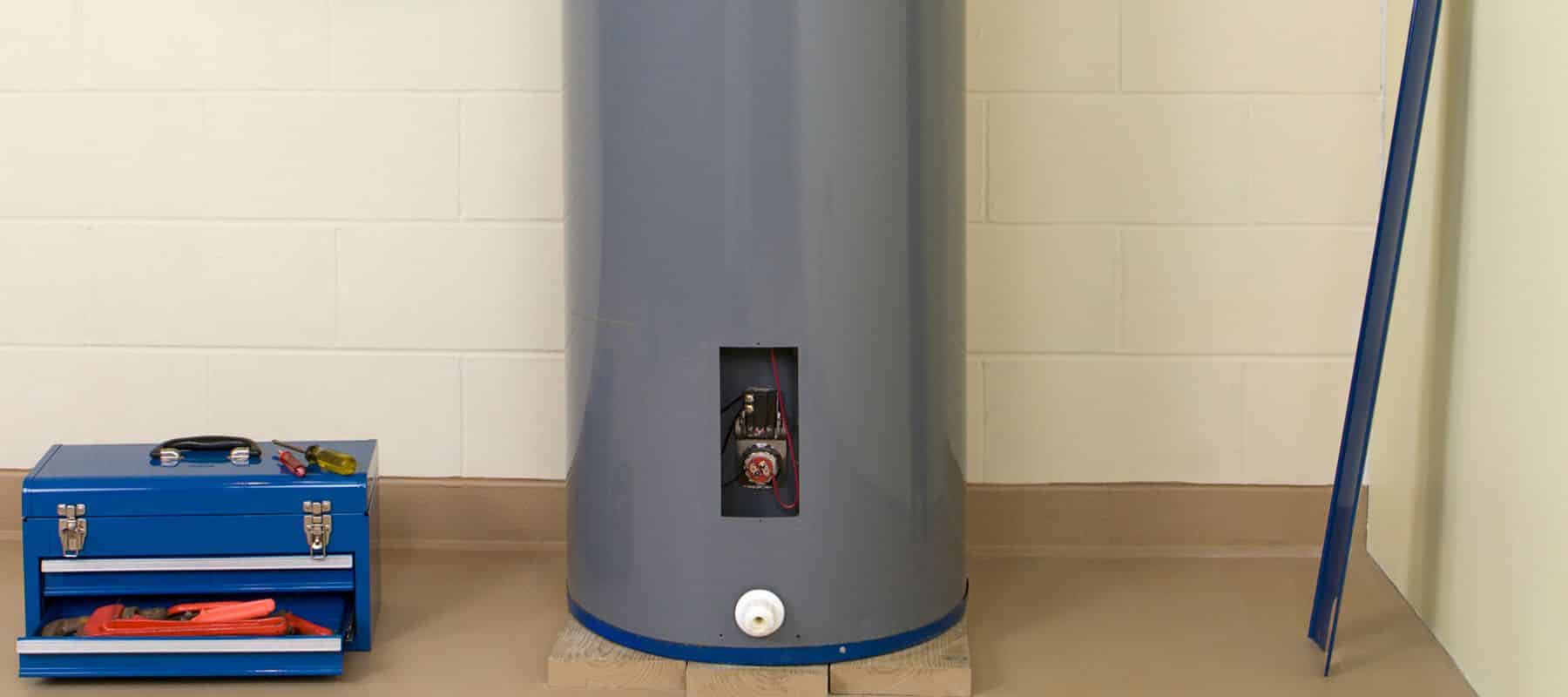Rely On Air & Drain Works For San Antonio Water Heater Services
It’s common to overlook the importance of our household water heater until it fails to deliver a consistent hot water supply. In some cases, a simple repair service can correct this issue. However, the day will eventually come when you must decide whether to repair your unit or invest in a new one. But how long should you wait before replacing it?
In San Antonio, Air & Drain Works stands as a trusted expert in plumbing services. Understanding when to replace this system is crucial for maintaining a home’s comfort and efficiency. This guide outlines key indicators that it’s time to consider a new water heating unit.
How Long Do Water Heaters Last?
The lifespan of a water heater varies based on its type, maintenance schedule and how often it’s used. On average, tanked systems last between 8 to 12 years, while tankless models can last up to 20 years. Regular maintenance from our trusted plumbing company can help extend these lifespans. But eventually, a replacement will be necessary.
When To Replace A Water Heater
Deciding when to replace your unit is crucial in ensuring your home’s efficiency and safety. A well-functioning water heating system is essential for daily tasks, from showers to cleaning. Knowing the signs that a new system is needed can save you from unexpected breakdowns and costly repairs.
Old Age
Age is a primary factor in determining when to replace your water heating unit. If your current one is over a decade old, it might be time to start looking for a new model. Aging units often run less efficiently and can pose safety risks.
High Utility Costs
An increase in utility bills can be a sign that your unit is losing efficiency. As water heating systems age, they often work harder to heat water. This issue can lead to higher energy consumption, raising your monthly utility bill. Replacing an old unit with a more efficient model can reduce energy costs.
Frequent Repairs
If you’re frequently calling for repairs, it’s a sign that your water heater is nearing the end of its service life. Recurring breakdowns are a significant inconvenience, but they also can become costly over time. Investing in a new system can provide reliability and enhance your peace of mind.
Rust And Corrosion
Visible rust and corrosion on your heater or in your water are clear indicators of a deteriorating system. These issues can lead to leaks and water damage if not addressed. Replacing the unit is often the most effective solution.
Rust can weaken the tank’s structural integrity, inflicting damage to the system. When corrosion impacts your unit, it can cause secondary issues in your home. Leaks can occur, which can cause water damage to the system’s surroundings.
Air & Drain Works Knows How To Fix Water Heaters!
At Air & Drain Works, we don’t just identify when it’s time for a replacement — we also offer top-notch installation and repair services. Our expertise ensures that your home is equipped with a reliable and efficient water heater.
With our knowledge and experience, you can expect a plumbing system tailored to your needs. Contact our team today to schedule your next water heater repair or replacement service!












